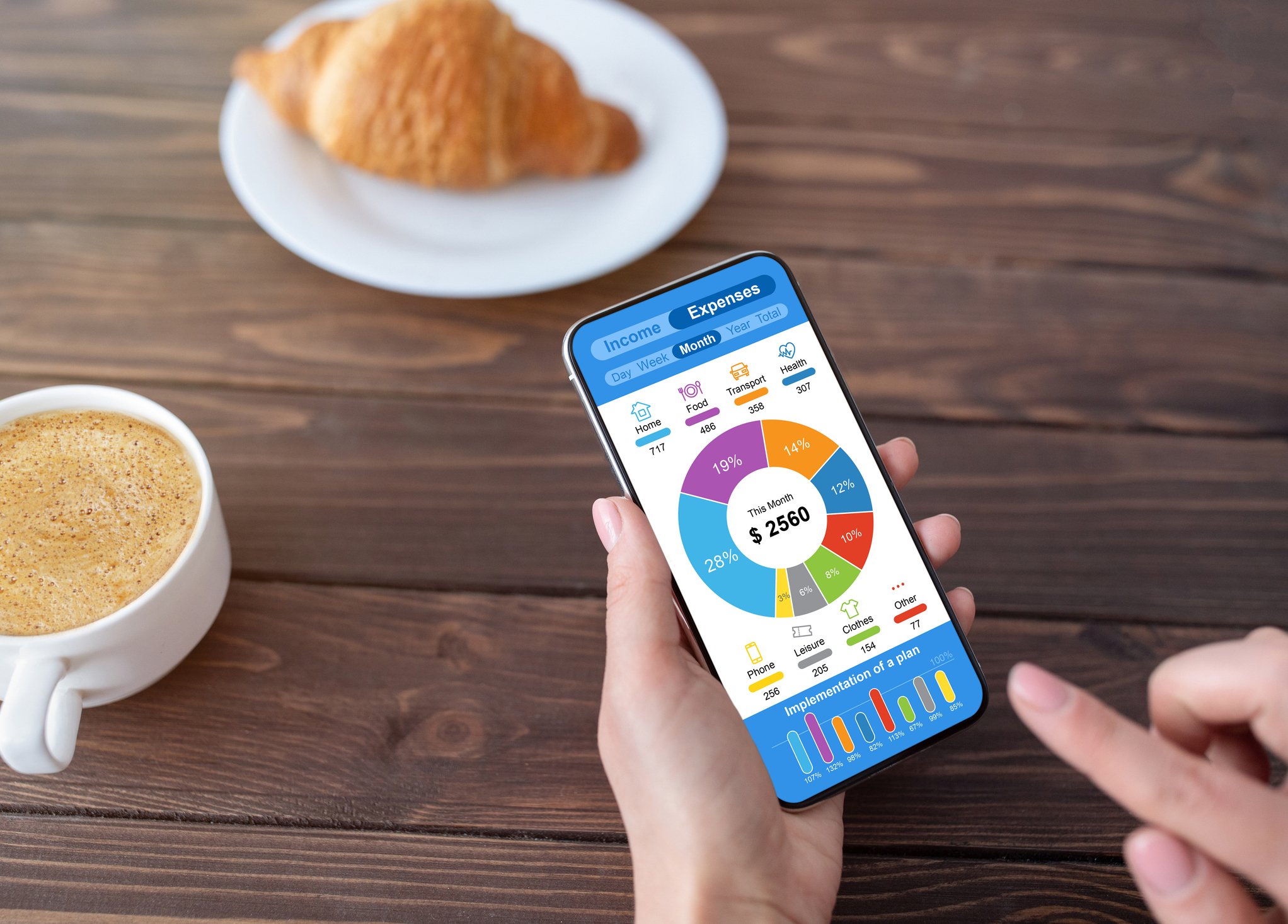COVID 19 provided an unprecedented opening for scammers and fraudsters to create new ways to defraud consumers. In 2021, federal agencies received 657,000 reports of fraud related to COVID-19 costing consumers $636.7 million. The median loss was $400.
Nearly one-third of the reports were for ID theft, including forgery of government documents. Below are some common scams hitting our own community. If you believe you or a loved one has been targeted for fraud or fallen victim to a scam, do not hesitate to reach out to your bank.
“Seniors continue to be targeted by fraudsters, but we’re seeing an increase in younger people also falling prey to scams,” said Barry Lampley, Heritage Bank Ohio Market President. “People are often embarrassed to admit they’ve been a fraud victim but reaching out to your banker can save you money or save someone else from falling for the same scam. At Heritage Bank, we regularly take calls from our customers and even people in the community who do not currently bank with us about suspicious calls and Internet communications. We welcome our neighbors’ calls. Fraud hurts us all.”
Mobile Scams
There has been a 125% increase in mobile scams. Resist clicking on links from texts from people you do not know. Do not divulge personal information to strangers who call your smartphone.
To enjoy the convenience of online or mobile banking, be sure use only secure WiFi for digital banking. Also, always close completely out of your online bank account when finished.
Mobile Deposit Fraud
If you receive an unsolicited check by mail or email with instructions to deposit into your bank account using a mobile device, beware. You could be providing an opening for fraudsters to collect account information or access to your bank account.
Another common ploy is for fraudsters to issue a check for more than the amount they claim to owe you when first making contact. The next step is for the fraudster to ask for the difference back in a Money Order, gift card or Zelle payments. The scam relies on you acting fast to repay the “overage” before the bank alerts you that the check you deposited is fraudulent. Also, if you send a check for the overage, the scammers will often alter or change the amount of your check.
Government Imposters
Many scams involve someone impersonating a government employee or official. From unemployment scams to Small Business Administration imposters to fraudsters trying to capitalize on the new Child Tax Credit payments, remember these tips:
- The government will never call, text, email or DM you with unsolicited requests for money or information. Do not be tricked into disclosing your Social Security Number, bank account, debit and credit card numbers or other personal information.
- Do not trust anyone who demands you pay for advice or expedited service for a government program through a gift card, wire transfer or cryptocurrency.
- Government agencies use URLs ending in .gov. Beware of look alike sites designed to lure you into disclosing personal information.
Heart Breaking Romance Schemes
Looking for companionship and soulmates online? Scammers are also active on dating apps and dating websites. Beware of anyone who asks for money in any form after making an online connection. Often, scammers ask for money to be wired, sent by Zelle or sent by gift cards.
eCommerce Scams
Online shopping is a way of life, and fraudsters have found ways to adapt. Beware of any online business asking for a wire transfer, gift cards or pre-paid cards as payment.
Side Gig Scams
Have you seen the online ads for secret shoppers and other “side gigs” that seem too good to be true? Be very cautious about these offers. Some are legit, but others are scams.
Discontinue all interactions if you are sent a check to deposit into your bank account with directions to use some of the funds for secret shopping or other “job-related” tasks, then return the rest of the money. The check you receive is fraudulent. You won’t be reimbursed for out-of-pocket expenses and whatever money you “return” is almost impossible to recover.
Sign up for Fraud Alert
The Federal Trade Commission issues alerts about emerging scams and frauds. Sign up at FTC Consumer Alerts (govdelivery.com). Heritage Bank also includes warnings about scams and fraud hitting our region at www.OurHeritage.bank/fraud



